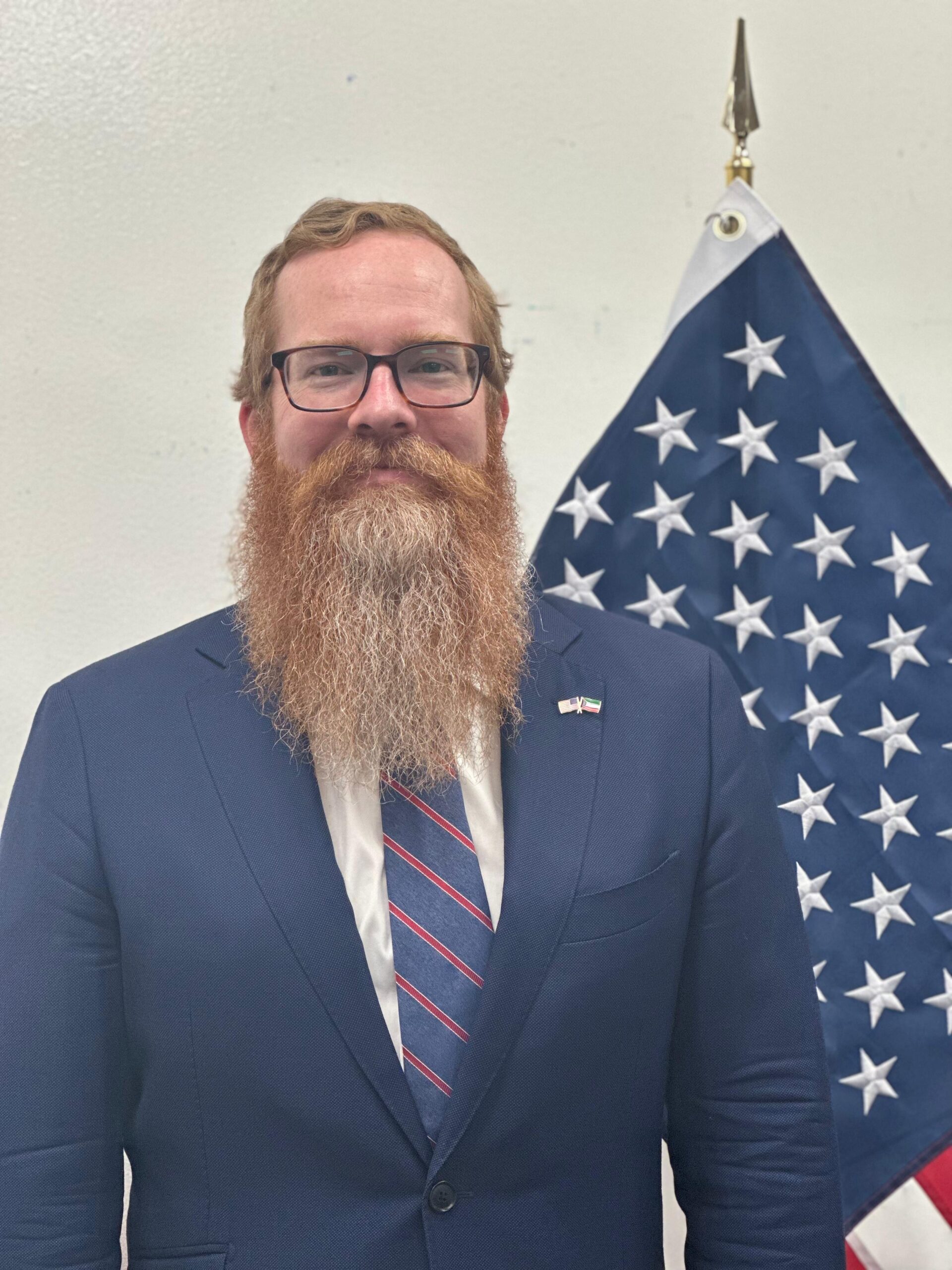U.S. Embassy warns of zero tolerance for visa violations
The U.S. Embassy spokesperson in Kuwait said individuals whose visas are revoked may reapply in the future, at which time a new eligibility determination will be made.

• The Department of State said it may revoke a visa if new information surfaces post-issuance—such as arrests, criminal convictions, visa misuse, or overstays—that indicates ineligibility or poses a potential threat.
The United States is committed to protecting its citizens and upholding the highest standards of national security and public safety through a rigorous visa process, stated the U.S. Embassy spokesperson in Kuwait.
“While specific cases cannot be discussed due to privacy and confidentiality, the U.S. maintains zero tolerance for non-citizens who violate its laws. This includes students, who may face visa denial, revocation, or deportation if found in violation,” said the spokesperson.
“The Department of State may revoke a visa if new information surfaces post-issuance—such as arrests, criminal convictions, visa misuse, or overstays—that indicates ineligibility or poses a potential threat,” it said.
The spokesperson further said that individuals whose visas are revoked may reapply in the future, at which time a new eligibility determination will be made.
Kuwait closely monitoring suspension of student visas in the United States
Earlier the Ministry of Higher Education said that it is closely following the cases of several Kuwaiti students in the US whose studies have been disrupted due to the cancellation of their student visas by American authorities, Arabic daily Al Rai reported.
In an official statement, the ministry confirmed that it has been closely monitoring the issue since its onset. Through its cultural offices in Washington, D.C., and Los Angeles, it has already begun identifying the affected students and communicating directly with the universities where they are enrolled to assess their academic status.
The ministry emphasized that each case will be handled individually to ensure the continuity of the students’ education.













